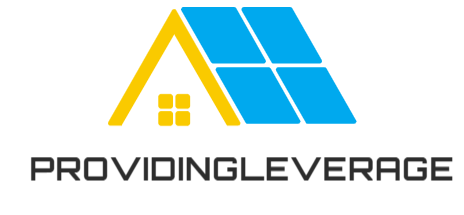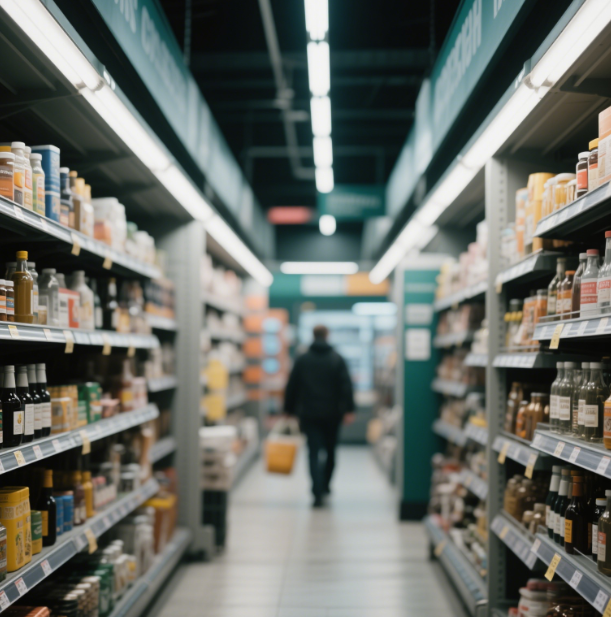In a world obsessed with efficiency and convenience, we’ve engineered our lives to run smoother than ever before. From one – click shopping to automated task – managers, technology and innovation have streamlined our existence. But beneath the shiny surface of this hyper – optimized world lies a shadowy underbelly: the hidden cost of convenience. What we often fail to consider is that every shortcut we take, every time – saving device we embrace, might be extracting a price far beyond the monetary value we pay.
Take our smartphones, for example. These pocket – sized marvels offer a universe of convenience at our fingertips. We can order food, hail a ride, and catch up on the news with a few swipes and taps. Yet, they’ve also become a source of constant distraction, fragmenting our attention and stealing precious moments of our lives. How many times have we been pulled away from meaningful conversations or important tasks by a ping from a social media app? The convenience of instant connection has blurred the boundaries between work and personal life, leaving us feeling perpetually “on” and increasingly drained.
The rise of fast fashion is another vivid illustration of the hidden cost of convenience. With online stores offering trendy clothes at rock – bottom prices and next – day delivery, we can refresh our wardrobes with minimal effort. But this convenience comes at a steep environmental and ethical price. The fast – fashion industry is one of the largest polluters in the world, consuming vast amounts of water, energy, and resources. Behind the convenience of our shopping sprees are exploited workers in sweatshops, facing poor working conditions and meager pay.
Even the simple act of ordering a meal has its hidden consequences. Food delivery apps have made it easier than ever to satisfy our cravings without leaving the comfort of our homes. However, the convenience of these services contributes to a culture of excessive packaging waste. Mountains of single – use plastic containers, utensils, and bags end up in landfills or oceans, harming wildlife and the ecosystem. Moreover, the constant availability of food at our doorstep has led to changes in our eating habits, often resulting in less healthy choices and a rise in obesity rates.
In the workplace, the pursuit of convenience through automation and digitalization has also had unintended consequences. While software and machines can handle repetitive tasks with speed and precision, they’ve also led to job displacement and a loss of human connection. The warmth of face – to – face interactions has been replaced by cold email exchanges and virtual meetings. Employees may find themselves feeling isolated and undervalued, as their skills and contributions are overshadowed by the efficiency of technology.
The hidden cost of convenience in our hyper – optimized world extends to our mental and emotional well – being as well. The constant pressure to do more, have more, and be more efficient has created a culture of burnout and anxiety. We’re so focused on the destination of convenience that we forget to enjoy the journey. The simple pleasures of cooking a meal from scratch, taking a leisurely walk, or having an unhurried conversation with a friend are sacrificed on the altar of convenience.
As we navigate this hyper – optimized world, it’s essential to pause and reflect on the true cost of convenience. We need to be more mindful consumers, asking ourselves whether the convenience we seek is worth the environmental, social, and personal sacrifices. Perhaps it’s time to embrace a slower, more intentional way of living, one that values quality over quantity, connection over convenience. Only then can we hope to break free from the cycle of hidden costs and build a more sustainable, fulfilling future.




